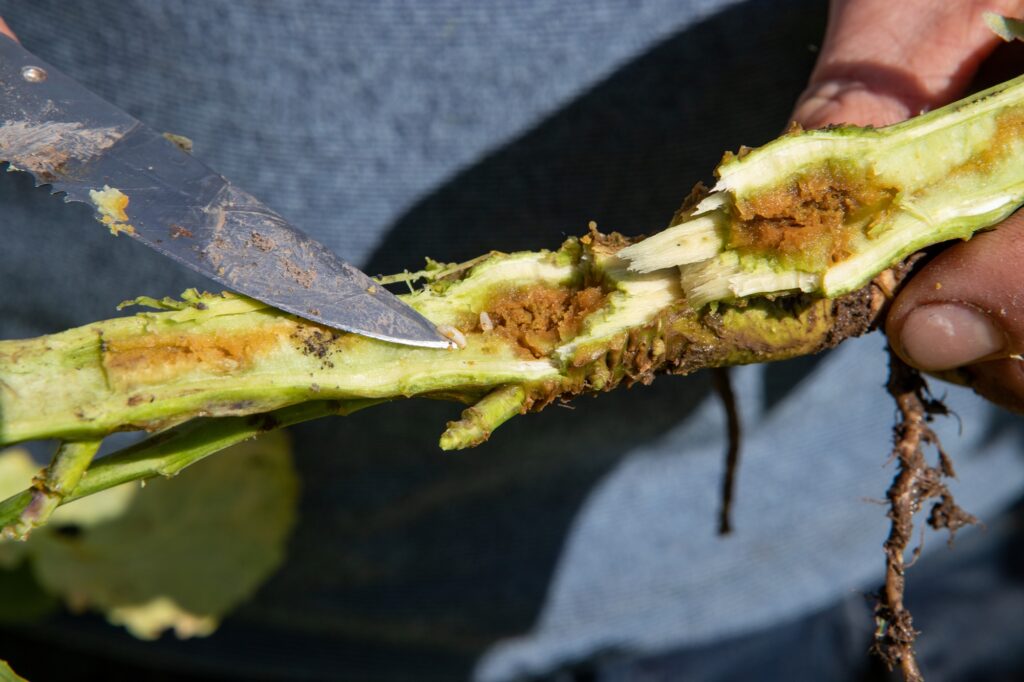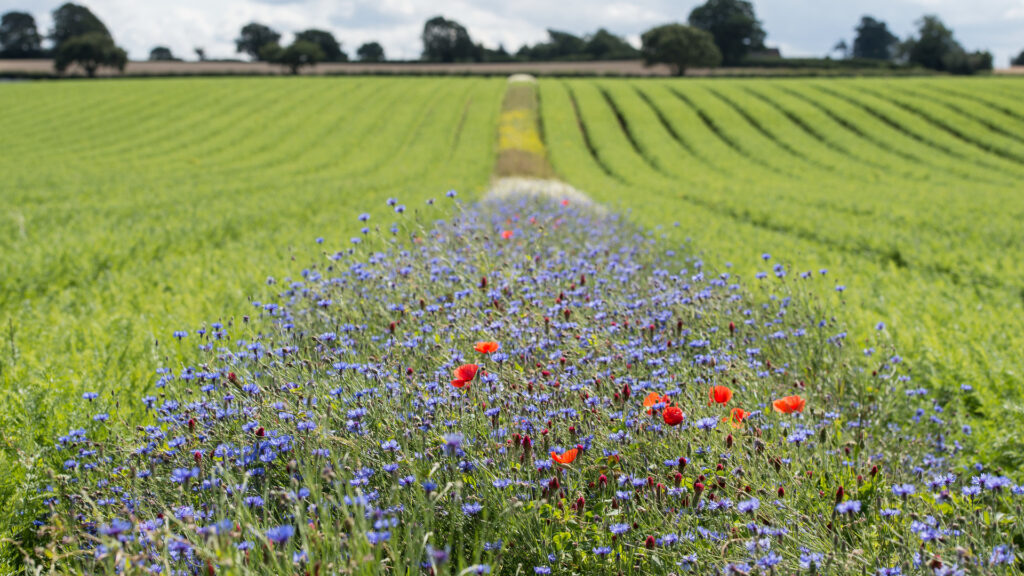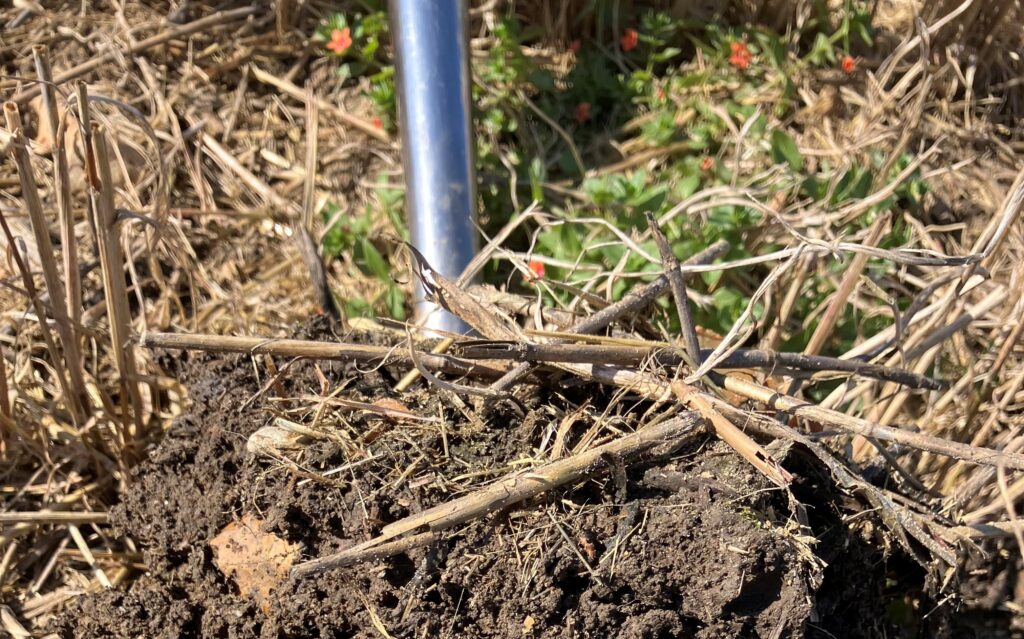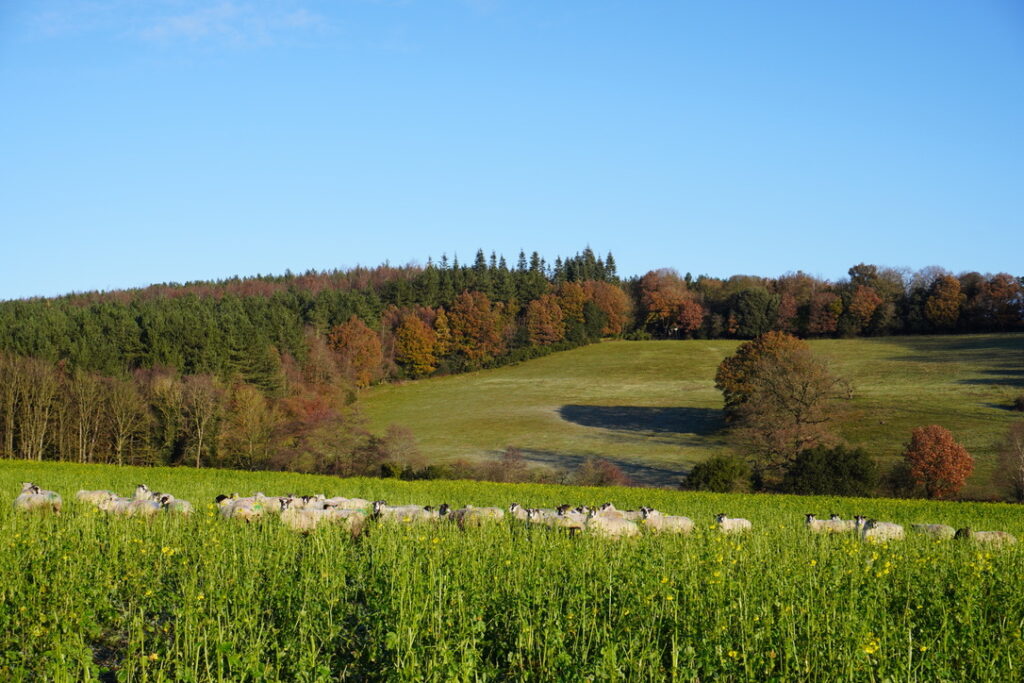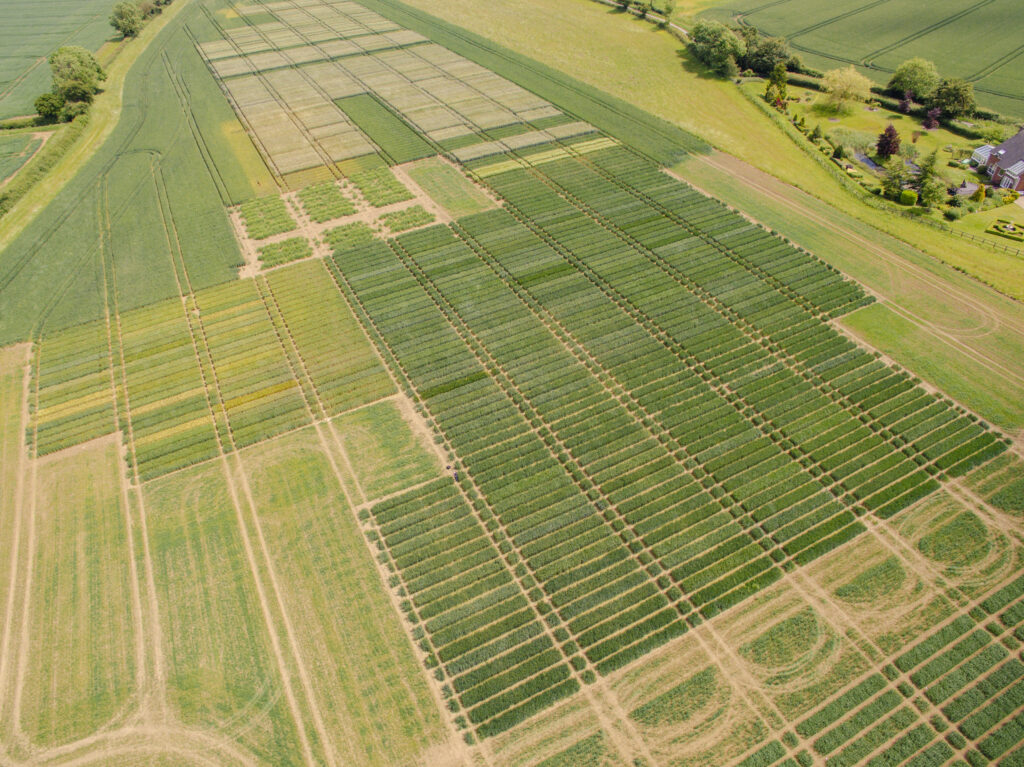Reboot for CSFB management
The strongest set of cabbage stem flea beetle (CSFB) management strategies to date has been released to help reverse the fortunes of oilseed rape (OSR). Jason Pole, AHDB Technical Content Manager, explains. We have seen large year-on-year reductions in the OSR area over the last decade. For harvest 2025, the AHDB Planting and Variety Survey …
